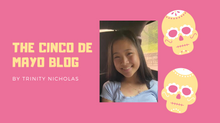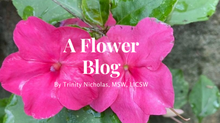Helping the Helpers
Helping the Helpers

During my commute home from work I heard a NPR story on the experiences of the Princeton Rescue Squad in the face of the opiate epidemic in West Virginia. EMS day at the WV state capital was on February 6th and this made me reflect on the exposure to trauma, grief, potential danger, and the incredible responsibility our first responders hold for the lives of those they are helping. Over the past years of the drug epidemic, first responders are more and more frequently having to respond to drug overdoses and drug related emergencies. Police officers, Emergency Medical Technicians, Firefighters are on the front lines of combating the opioid crisis and caring for our community members who are in the midst of an addiction. This an emotional burden they carry, often having to push the grief and trauma aside so they can respond to yet another emergency call. Our correctional officers in West Virginia also carry a significant emotional burden as they are tasked with providing the care and security for offenders who are increasingly experiencing more severe mental illness and substance use disorders. First responders and correctional officers are at a higher risk for depression, post-traumatic stress disorder, substance use, and death by suicide. Despite this burden they continue to serve as the helpers we turn to when things go wrong in our communities. Organizations like Armor Up WV (https://armorupwv.weebly.com/) are advocating for our first responders to increase the recognition of the emotional impact of being a first responder and increasing access to effective treatment. A national hotline, Safe Call Now, provides a comprehensive 24-hour crisis referral line for public safety employees and their families, 206-459-3020 (www.safecallnow.org), as another way to reach out to the first responders who may be in distress. As Mr. Rogers famously said, “Look for the helpers. You will always find people who are helping” and our West Virginia first responders truly embody this sentiment. As a mental health professional and a member of the community, I also will also remember that the helpers also need our support, compassion, and help.






















